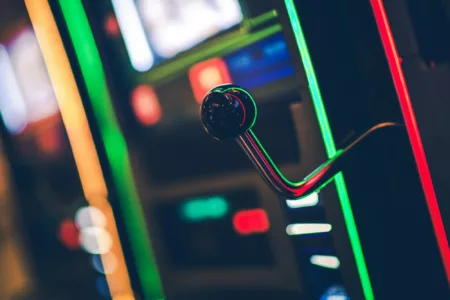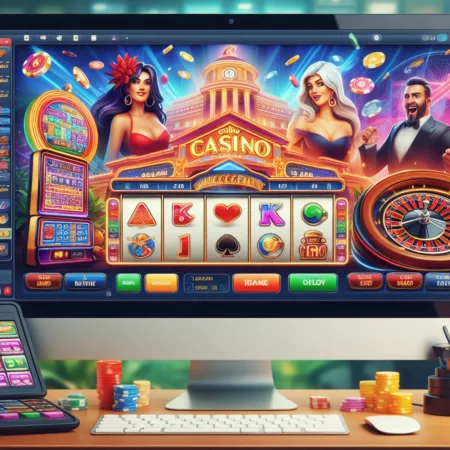Blackjack is among some of the most popular card games of all time. And while the general rules of play are easy enough to grasp, becoming a master of the game is tough. Before the modern forms of blackjack, both online and live blackjack, it was always played in person – and the best casinos had dedicated tables for it.
You’ll still find blackjack tables at the world’s most prestigious casinos all over the world, and while they are always worth a visit for enthusiasts, there is nothing like the convenience of the online game.
But how do you become a master at the game, and what strategies and tips set the pros apart from the masses?
Deeper on the Basics
As mentioned earlier, the general rules of blackjack are easy for most people to grasp, and that is why millions of people have blackjack nights at home with friends and family. But to a great player, and someone that people don’t want to play against, you’ve got to step it up.
The basics are the things that never change, and because they don’t change it is possible to ensure that your knowledge of the game’s general rules is flawless.
A great test to see how good your understanding of the basics is to ask someone who has never played to play. But make sure that you are the one explaining the rules. Once you can make it easy enough for anyone to understand (no matter the age), you’ve nailed the foundations of being a great player.
Maths
Card counting is a term that is often thrown around and generally regarded as illegal. However, it is legal to do but keep in mind that if a casino thinks you are doing this you may be asked to leave.
Card counting in its basic form is just doing maths – fast. What you will be doing is keeping tabs on the cards that are high and low and already out. You’ll use that knowledge to then work out all the possible cards left, and the percentage chance for each.
The idea is, if you do this well enough you will be able to know (roughly) if it is you or the house that has the edge.
Using maths to gain insight into the possible options on the table is a good idea, and it is something that all card games are going to force you to do. It is used in poker too – you need to calculate the odds before making a bet, because betting on no knowledge will run your bankroll into the ground.
Bankroll
Your bankroll management is a skill that you must possess in order to move into the bigger games. Poor bankroll management effectively makes you an easy target for great players, and it will see you losing a lot of money – regularly.
When you have your bankroll under control, you’ll be able to cruise through losing streaks and make the most of playing without money worries. Your bankroll needs to be disposable income only – and money you can live without. Any moment you are tempted to pluck money from a bill pot or money allocated elsewhere to gamble, it’s time to stop.
Your bankroll should be split up into sessions. Each session can go to a single game, meaning you can only lose a certain amount maximum per game. You’re looking for at least 20 bets per session – more or less is fine if that works with your budget.
An insurance bet is something that many new players are likely to do, but the insurance bet is highly favoured to the edge – and as such, it can suck up your bankroll really fast.
Discipline
While some people are born with natural talent, others need to work at what they want to be good at. Blackjack and most other card games are more likely to be easier played and enjoyed by people who are good at maths or have a high-risk appetite already. And, even with those things on your side, you will need to put the time in for more learning and practice.
Read books about blackjack like:
- Playing Blackjack as a Business by Lawrence Revere
- Million Dollar Blackjack by Ken Uston
- Blackbelt in Blackjack by Arnold Snyder
- The World’s Greatest Blackjack Book by Lance Humble
- Beat the Dealer by Edward O. Thorp
Even if you have been playing for a while, head to the free rooms and use AI games to get your daily practice in. Discipline comes into play in a few more areas, too. You need to keep an eye on your movements, and any tells you might have, keep track of your bankroll, and check in with your mood before sitting at a table. Bad moods usually mean bad decisions and bad games.
Getting great at blackjack takes time, discipline and learning from the greats. Before long, you’ll be working out your percentages in seconds, and your bankroll will reflect your efforts.





